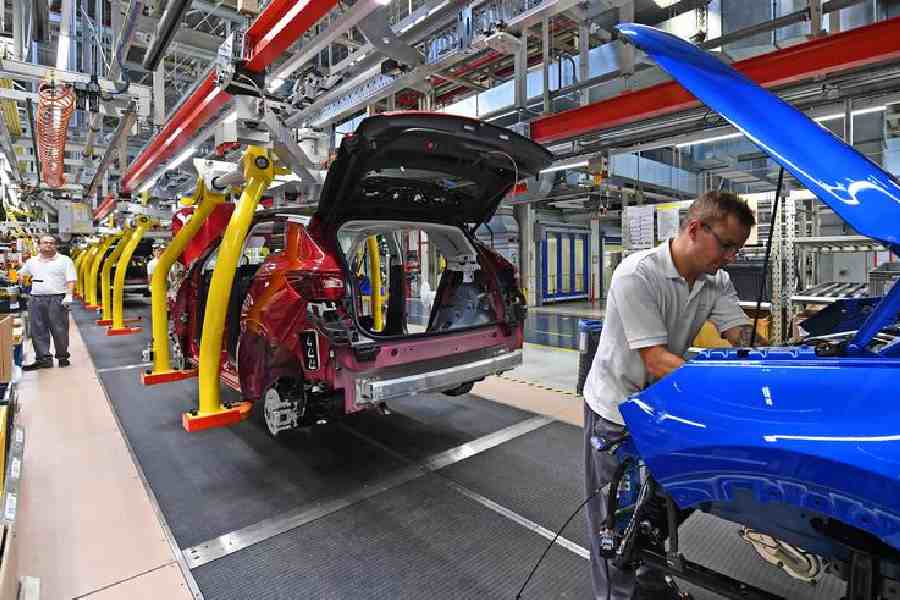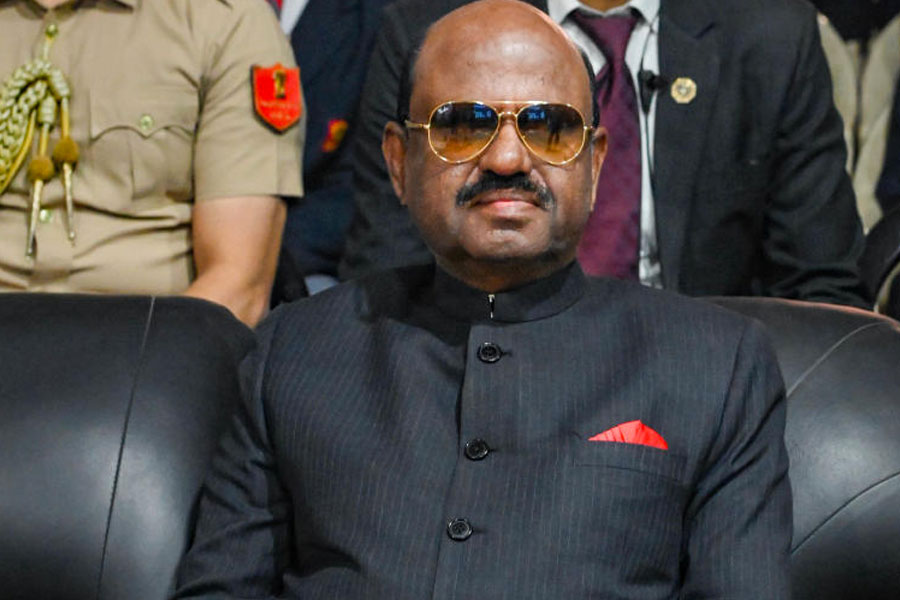Germany's economy shrunk slightly in the first quarter of 2023 compared with the previous three months, thereby entering a technical recession, data showed on Thursday.
A preliminary estimate had shown gross domestic product (GPD) stagnating at zero growth in the first quarter — meaning Germany would have narrowly escaped a recession. But recession fears were spurred again after data published earlier this month showed that German industrial production fell more than expected in March, hurt by a weak performance by the key automotive sector.
"It took a couple of statistical revisions, but at the end of the day, the German economy actually did this winter what we had feared already since last summer," ING economist Carsten Brzeski said in a note to clients. "The warm winter weather, a rebound in industrial activity, helped by the Chinese reopening and an easing of supply chain frictions were not enough to get the economy out of the recessionary danger zone."
What did the data show?
GDP fell by 0.3% for the quarter when adjusted for price and seasonal effects, according to the data from the Federal Statistical Office, Destatis.
"After GDP growth entered negative territory at the end of 2022, the German economy has now recorded two consecutive negative quarters," said Destatis President Ruth Brand.
The January to March figures follow a drop of 0.5% in the fourth quarter of 2022. A recession is commonly defined as two successive quarters of contraction.
Inflation continued to take its toll on the German economy during the quarter, the office said. This was reflected in household consumption, which was down 1.2% quarter-on-quarter after price and seasonal adjustments.
Private households spent less on food, drink, clothing, shoes and furniture than in the previous quarter. They also bought fewer new cars, possibly due to the discontinuation of government subsidies at the end of 2022. Government spending also slumped in the first three months of the year.
There was a ray of light when it came to investment, which was up in the first three months of the year after a weak second half of 2022, helped by a temporary rebound in the construction sector in unseasonably warm weather.
"The fall in GDP by 0.3% q/q is much more in line with expectations at the beginning of the year as Germany has been hit by both high inflation and rising interest rates," Andrew Kenningham, chief Europe economist at Capital Economics, told DW.
Less bleak than anticipated
Heavily reliant on Russian energy imports, Germany was left particularly exposed following the Russian invasion of Ukraine in February 2022.
A mild winter in Germany meant that the worst scenarios — such as a gas shortage, which would have ravaged the economy — did not occur.
Germany's last recession came as the COVID-19 pandemic at the start of 2020 prompted governments to effectively shutter whole sectors of the economy.
Consumers have seen high inflation erode their purchasing power, reducing demand in the economy. Although the upward price trend has recently eased, the annual inflation rate of 7.2% recorded in April was still relatively high.










